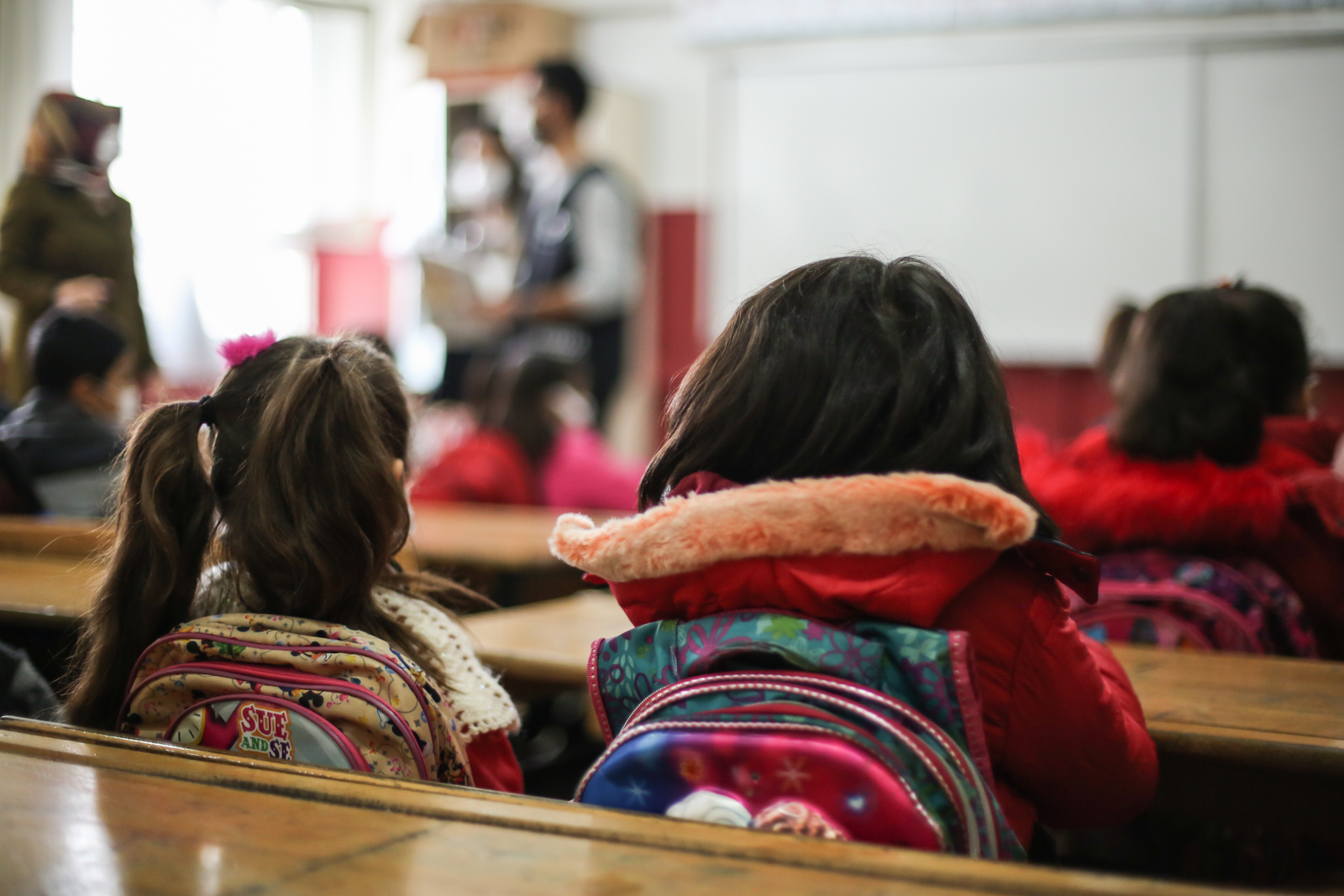
Four years on, many Chibok families still wait for their schoolgirls to come home
Children in conflicts, Education in emergencies, Girls' education, Safe schools
While many of the kidnapped students from Chibok and Dapchi schools have been released, the parents of more than 100 girls still wait in hope.
Four years ago, virtually no one outside Nigeria’s Borno state had heard of the town of Chibok.
That all changed on the fateful night of April 14, 2014, when Boko Haram gunmen abducted 276 girls from the school there.
Campaigners are preparing to mark the fourth anniversary of the mass kidnapping that led to the #BringBackOurGirls global movement.
It will be a bitter-sweet day for many of the parents and activists. Just under a year ago, dozens of the Chibok girls were released after negotiations with Boko Haram – but more than 100 are still missing.
Then in February another 110 girls were kidnapped from a school in Dapchi. Last month 106 of them were returned unharmed.
Vigils to mark four years since the Chibok attack will be held tomorrow in Lagos, Abuja and New York.
Yemisi Ransome-Kuti of the #BringBackOurGirls group said: “We will not relent in our advocacy and strident demands for the rescue of our schoolchildren and fellow citizens from captivity.
“We pray that many more families will be able to share in the joy of their children coming back home.”
Open Doors UK and Ireland has worked with families of many of the kidnapped Chibok girls.
Mary Yakubu told the Christian charity: “I am more than happy that my daughter is alive. She is released and now she is in school.”
But Esther Joseph said: “My daughter has not come back yet. I am very sad. Help me to keep praying.”
Since conflict broke out in the northeast of Nigeria in 2009, thousands of girls and women have been kidnapped and boys have been forcibly conscripted by Boko Haram.
The group has abducted more than 1000 children since 2013, the United Nations children’s agency UNICEF said today.
“Children in northeastern Nigeria continue to come under attack at a shocking scale,” said Mohamed Malick Fall, UNICEF’s Nigeria head.
The agency said it had documented more than 1000 verified cases, the first time it had published an estimated tally. But the actual number could be much larger, it added.
Boko Haram’s reign of terror has led to at least 20,000 deaths. Almost 1400 schools have been destroyed, over 2295 teachers killed and three million children need emergency support on education.

More news

Skills for the future give young people the best chance of success
